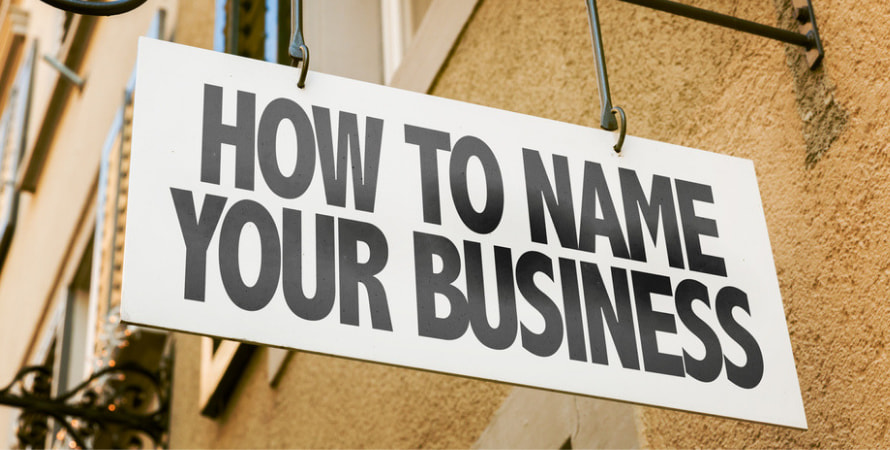
The name of a business gives people their first impression of it. If you founded it, you thought hard about what it should be. The domain name is equally important. To people who first discover your business online, its domain name is its identity. A poor impression or a confusing spelling will lose business. One that stands out will bring customers in.
A good domain identifies you
Above all else, the domain should clearly identify your business. Usually, this means one based on the company name. If the name is already taken, a different form of it might be available. Adding a hyphen in a sensible place could work. A suffix like "-corp" or "-ltd" might let you get an unclaimed name.
If the business is famous for a product, its name may be an even better choice than the business's name. Remember, though, that the business's focus may shift in the future.
Avoid sounding generic. If your business is called Computer Experts, using computerexperts.com for your domain isn't as clever as it sounds. It's too easy to confuse with similar generic names. Besides, someone has probably registered the name (and has, in this case), so you'll have to pay to acquire it.
Choose the right top-level domain

You may find a better choice of available names if you go beyond the most common top-level domains. A domain that ends in .com or .co.uk has a certain prestige, but other TLDs can give a more precise idea of the business you're in. A name ending in .clothing, .movie, or .house immediately tells people what niche your business occupies. However, most of those domains don't generate the same level of trust as a .com domain or your nation's domain. Some have acquired a reputation as spam domains. Stick with TLDs that have strong reputations.
Don't be confusing
Avoid names that will be hard to remember or easy to get wrong. Long names, consisting of multiple words, can be hard to remember correctly.
A multi-word domain that people can read in more than one way could be embarrassing. Snopes has verified that Mole Station Native Nursery used the name molestationnursery.com, not noticing that it could be read as "Molestation Nursery." The domain now belongs to a one-joke website.
A good name is spelled the way it sounds. When people learn about your site by word of mouth, you want them to spell it right, or they'll arrive at someone else's website.
Be wary of trademarks
If your domain uses a trademarked term, you might get a letter from a solicitor insisting that you change it. You may be able to win in court, but it's safest to choose a name that can't easily be challenged. If you sell devices for use with Apple computers, a domain name that contains "apple" is very risky. If you sell fruit rather than electronics, the same name won't face the same issues. Trademark infringement depends in part on how likely a name is to cause confusion.
Do a trademark search on your proposed domain name. If you see any potential conflicts, get legal advice before moving ahead.
Keep it simple

The central point is to keep the name simple. People should be able to remember it, type it, and tell others about it without confusion. Try your proposed name out on people and see if they get it right. A simple, memorable, distinctive name will make a big difference in your business's growth.







